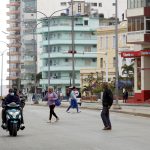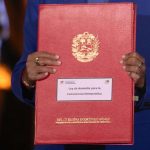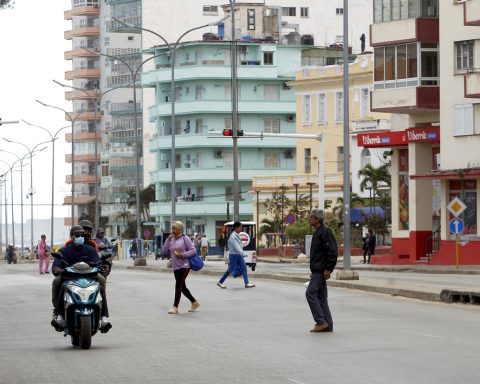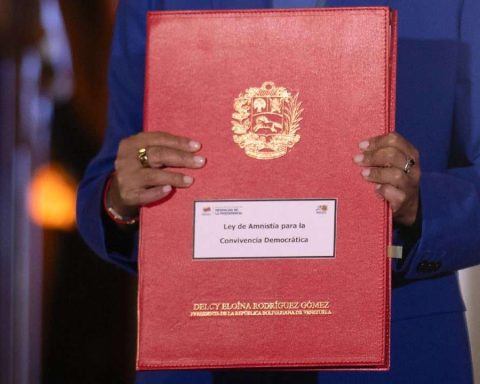July 12, 2023, 6:30 PM
July 12, 2023, 6:30 PM
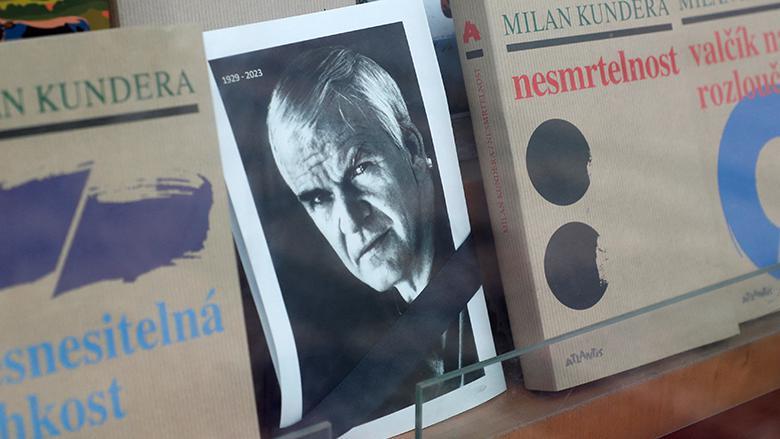
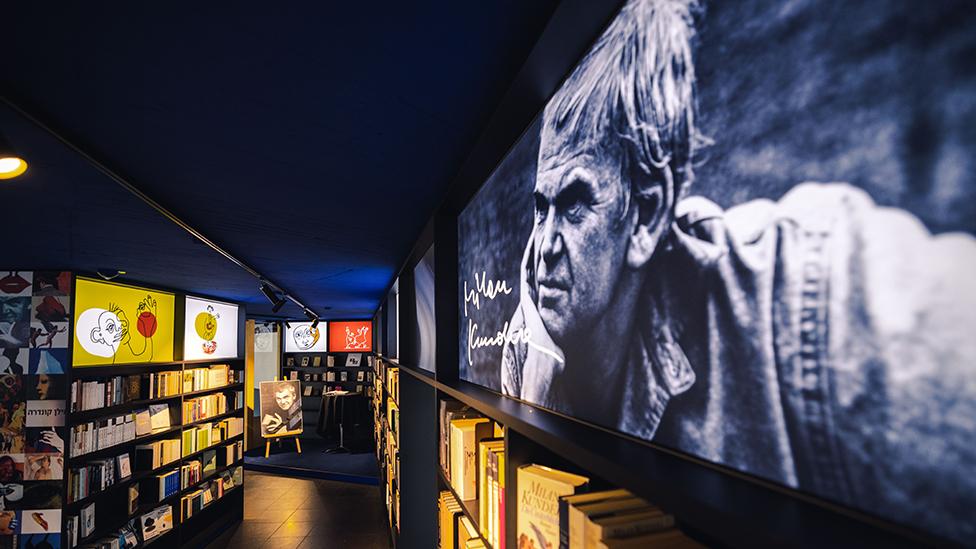
No doubt the name of Milan Kundera, who passed away on Tuesday at the age of 94, will forever be associated with his most famous work: “The Unbearable Lightness of Being,” published in 1984.
The popularity of this work, which follows the lives of two couples during the Prague Spring of 1968, cemented the international fame of this Czech author, who left his native country during the communist era, in the ’70s, and became a French citizen.
If you didn’t read the book maybe you saw his movie versionstarring Daniel Day-Lewis, Juliette Binoche and Lena Olin, which was met with great critical acclaim when it was released in 1988.
But the fame of that work, published when Kundera had already been living in France for almost a decade, overshadowed the rest of his literary production.
Here we recommend three other emblematic books by the writer, which you should not miss to get to know his work in depth.
The book of ridiculous love (1968)
Before becoming known for his novels, and while still living in Czechoslovakia, Kundera wrote this book of short stories.
Like his most famous work, the basic theme is love relationships.
The collection of seven short stories addresses different situations ranging from tragedy to comedy, and, through the characters, the writer reflects on love, friendship and -above all- sexand how it affects our behavior.
Although the book was originally published in Czechoslovakia amid the Prague Spring protests and political liberalization, it was banned after the Russian invasion of August 1968, which reaffirmed communist censorship and oppression.
Kundera’s works remained banned in his home country until the Velvet Revolution ended the regime’s power in 1989.
The Book of Laughter and Oblivion (1979)
This work that mixes various genres – is part novel, part collection of short stories and part philosophical essay, as well as containing magical realism elements– led to the Czech government revoking Kundera’s citizenship.
The book recounts the vicissitudes of various Czech citizens who oppose the communist government.
According to American historian Timothy Snyder, it is one of the best books ever written on political dissent.
“Kundera was a young Stalinist, like his friends. So he knows what it was like to be inside, to be certain about the rest of the world and to believe that all those who did not share that certainty were fools,” he said in an interview with the editorial Five Books.
“When you think about the reality of dissent, in the West we tend to look back and think there was bad communism and a bunch of good liberals. But in fact, most dissidents went through a fairly intense intellectual revolution to get to where they were.”
For all his works, in 1981 Kundera received the Common Wealth Prize in the United States, awarded to those who stand out in various disciplines.
Four years later he was also recognized with the Jerusalem Prize, awarded to writers whose works have addressed issues of human freedom in society.
This work that he wrote in France during the last year of the 20th century is considered his last great novel.
The central theme is emigration.
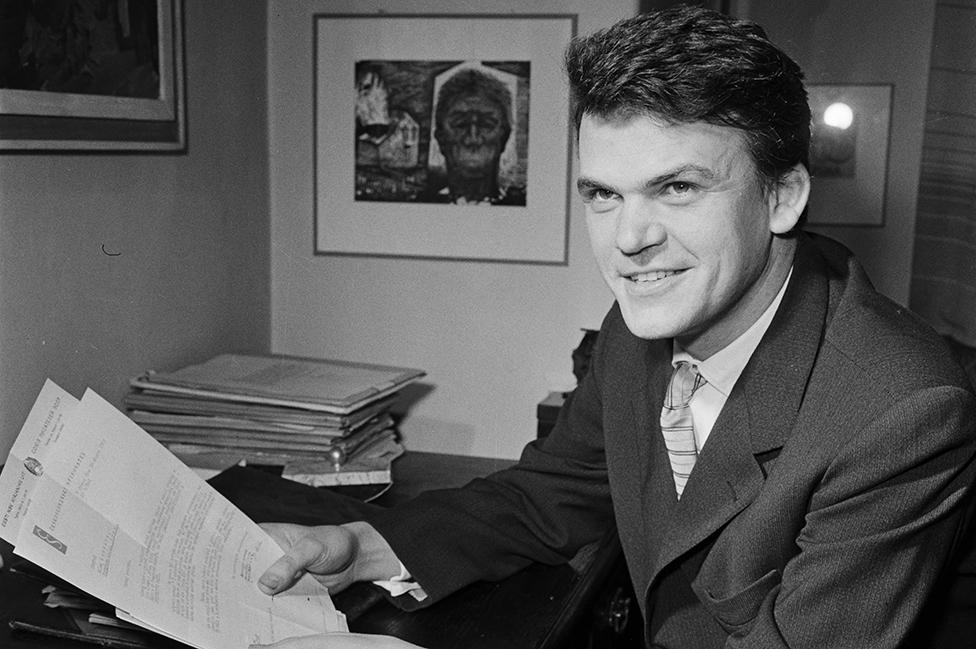
Kundera, who by then was wearing a quarter century away from their home country, raises some of the dilemmas expats face.
The book tells the story of a Czech woman and man who left their country during the communist era and are now returning to visit after the fall of that regime.
strongly tinted autobiographicalthe novel tells how the protagonists feel totally different from their compatriots who stayed.
As in several of his earlier works, Kundera also addresses the issue of forgetfulness and how having selective memories can lead to ignorance.
In 2019 the author and his wife they regained their czech citizenshipbut they remained the rest of their lives in France, where they led a low-key life.

Remember that you can receive notifications from BBC Mundo. Download the new version of our app and activate them so you don’t miss out on our best content.






